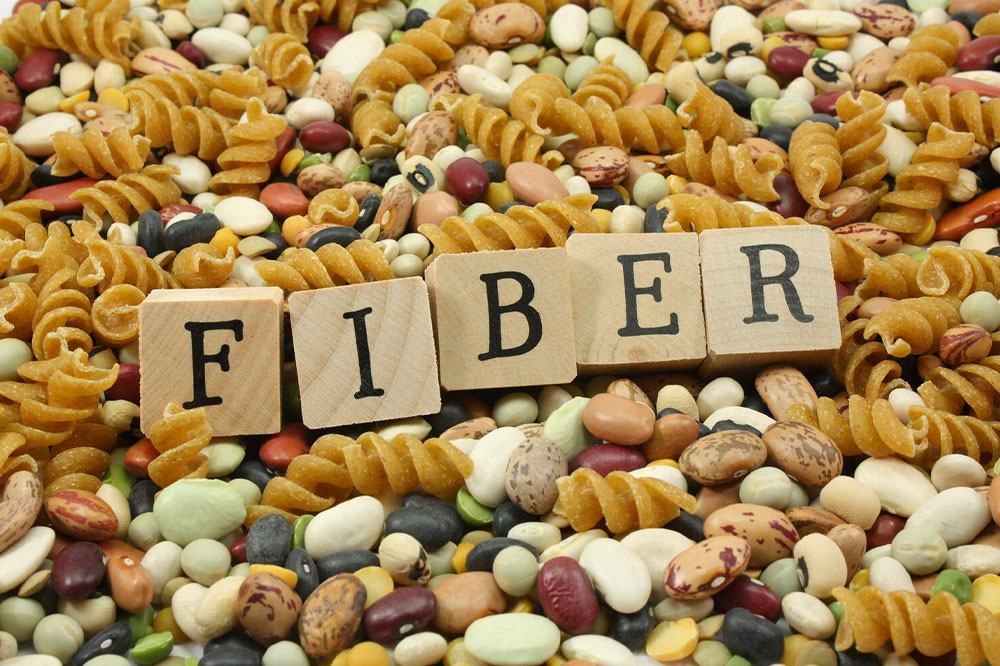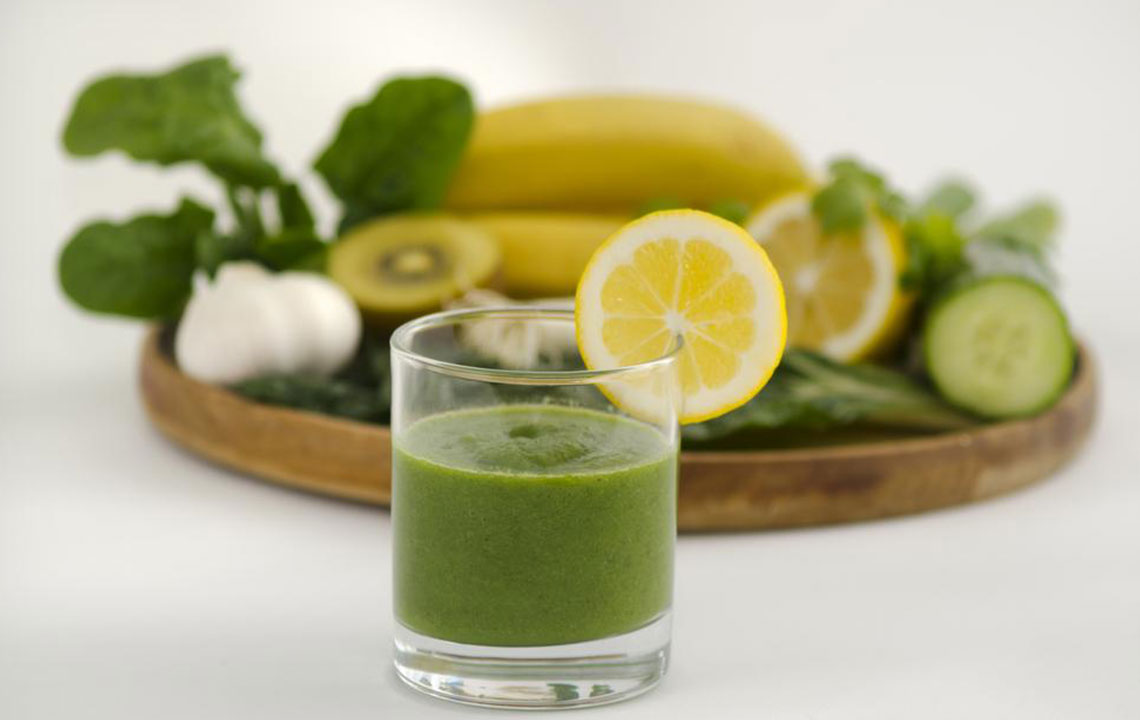Comprehensive Dietary Strategies for Ovarian Cancer Management: Essential Foods to Eat and Avoid
Discover effective dietary strategies for managing ovarian cancer, including foods to incorporate and avoid. This comprehensive guide highlights the importance of nutrition in supporting treatment, enhancing survival rates, and improving overall health. Learn how vegetables, whole grains, and phytochemicals can aid in cancer control and what foods to limit for optimal outcomes.

Optimized Nutrition for Women Battling Ovarian Cancer
Ovarian cancer remains one of the most challenging gynecologic cancers due to its often late diagnosis and complex progression. Many women find themselves diagnosed at advanced stages, sometimes only after the cancer has metastasized beyond the ovaries. Because of this, adopting a strategic approach to diet can play a crucial role in managing the disease, supporting treatment, and potentially improving survival outcomes.
Research indicates that dietary habits significantly influence the prognosis of ovarian cancer patients. Several studies have shown that maintaining a nutritious, balanced diet can extend survival rates and enhance quality of life. Factors such as body weight, nutrient intake, and food choices are vital variables that healthcare professionals recommend focusing on for optimal management.
In particular, findings from studies examining women with ovarian cancer, such as those conducted in Cook County between 1994 and 1998, highlight that women who adhered to healthier diets tended to have longer survival periods. These diets emphasized the importance of individual dietary preferences but consistently recommended increased intake of specific beneficial foods. Notably, the intake of fruits, vegetables, and certain grains correlated with improved outcomes. The impact of lifestyle and diet became particularly evident in ovarian cancer prognosis, underscoring the importance of dietary choices from diagnosis onward.
Further research emphasizes that certain food groups can be particularly beneficial. For instance, cruciferous vegetables—such as cauliflower, kale, broccoli, and Brussels sprouts—contain compounds known as phytochemicals. These substances are converted in the body into compounds with cancer-fighting properties that can inhibit tumor growth and assist in removing carcinogens. Moreover, these vegetables have anti-inflammatory effects, which can reduce the risks of both ovarian and other related cancers, as well as cardiovascular disease.
Below are detailed dietary recommendations for women undergoing ovarian cancer treatment or seeking to reduce their risk. These guidelines focus on incorporating beneficial foods into daily routines and avoiding foods that could hinder recovery or survival.
Foods to Incorporate into Your Diet
Increase Fruit and Vegetable Intake: Aim to consume at least five servings of разнообразных fruits and vegetables each day. These foods provide essential vitamins, minerals, antioxidants, and phytochemicals that support immune health and potentially inhibit cancer progression. Focus on including a colorful variety—berries, citrus fruits, leafy greens, carrots, and yellow vegetables like squash and peppers—for maximum benefit.
Choose Whole Grains: Substitute refined grains with whole wheat bread, brown rice, oatmeal, and whole-grain pasta. These foods are rich in fiber, which helps regulate digestion, supports a healthy weight, and may play a role in reducing cancer risk. Whole grains also contain important nutrients like B vitamins, magnesium, and antioxidants.
Consume Cruciferous and Brightly Colored Vegetables: Regularly include cruciferous vegetables such as cabbage, cauliflower, broccoli, radishes, arugula, and mustard greens. These vegetables contain powerful phytochemicals that help inhibit tumor growth, detoxify carcinogens, and reduce inflammation. Their consumption is associated with decreased risks of various cancers, including ovarian cancer.
Proper nutrition becomes even more critical during active treatment phases, such as chemotherapy, as treatments can impair appetite and digestion. Maintaining optimal energy levels and nutrient intake can support healing, reduce side effects, and improve overall well-being during treatment. Consulting with a registered dietitian can help tailor nutritional plans to individual needs, ensuring that patients receive adequate nourishment.
Foods to Avoid or Limit
Processed, Red, and Cured Meats: Evidence links frequent consumption of processed meats such as sausages, bacon, ham, and cured meats with increased cancer risk and lower survival rates in ovarian cancer patients. They often contain preservatives, sodium, and unhealthy fats that contribute to inflammation and other health issues.
Foods and Beverages That May Worsen Symptoms: During episodes of diarrhea or gastrointestinal discomfort, patients should limit or avoid dairy products, caffeine, carbonated drinks, and high-fiber foods. These can exacerbate symptoms and impair recovery.
Although the direct impact of diet on ovarian cancer survival is still under ongoing investigation, accumulating evidence suggests that strategic food choices can improve treatment outcomes and overall health. Working closely with healthcare professionals to design personalized dietary plans is essential for optimal management.
In summary, adopting a diet rich in colorful vegetables, whole grains, and cancer-fighting phytochemicals, while avoiding processed and inflammatory foods, forms a cornerstone of supportive care in ovarian cancer management. These dietary strategies can complement medical treatments, promote better quality of life, and potentially prolong survival.





